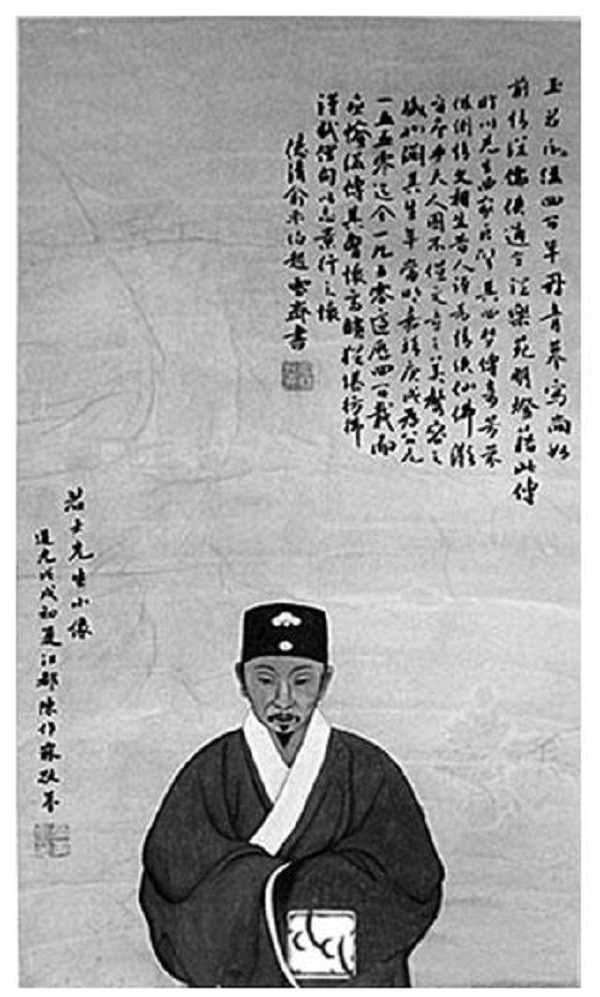Fuzhou is set to host a series of celebrations in 2016 to commemorate the 400th anniversary of Tang Xianzu, according to an announcement by city mayor Zhang Hongxing during a press conference in Beijing on Tuesday, as reported by the Global Times.
The city, located in Jiangxi Province in East China, is the hometown of Tang, who is considered as the Shakespeare of China.
Aside from events held within the city, the celebration will also include an event on April 22-30 in Stratford-upon-Avon in the United Kingdom, as a joint project with Shakespeare's hometown. Both poets died in 1616.
The overseas event will showcase Fuzhou's folk opera, known as Caichaxi or the Tea Picking Opera, as well as scenes from "The Peony Pavillion," Tang's famous play. It will also feature photos of Tang's hometown of Linchuan District in Fuzhou.
The series of events in the United Kingdom will be hosted at the Shakespeare's Birthplace museum and the University of Leeds.
During the press conference, Zhang said that the people of Fuzhou were inspired by President Xi Jinping's appeal to "celebrate the legacy of these two literary giants to promote interpersonal exchange and deepen mutual understanding" when he visited the United Kingdom in October.
Aside from the United Kingdom, there will also be events in Spain and the United States to commemorate Tang.
Tang was born in 1550, but he composed most of his 2,200 poems and 500 essays after he retired to his hometown in 1598.
He is most known as the playwright of four important plays in Chinese literature, namely, "The Peony Pavillion," "The Purple Hairpin," "Record of the Southern Bough" and "Record of Handan," which are collectively referred to as "The Four Dreams of Linchuan."
China's National Center for the Performing Arts also plans to stage "The Four Dreams of Linchuan" using the local Fuzhou dialect to commemorate Tang. There will also be commemorative coins and stamps to be released.
The local government will also implement measures to promote studying Tang, as well as award local dramas with a prize named after the playwright.



























